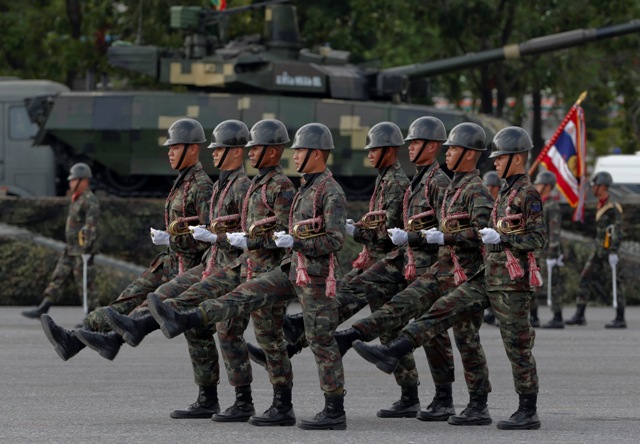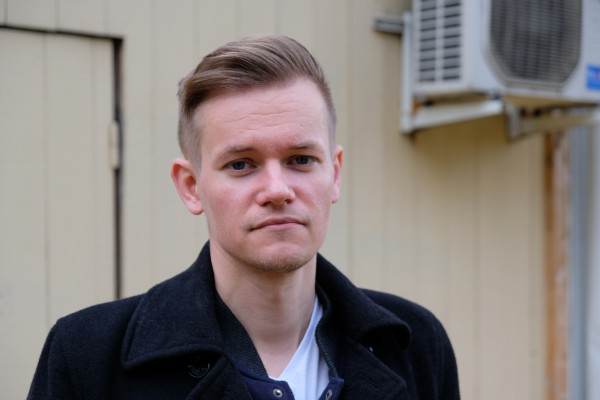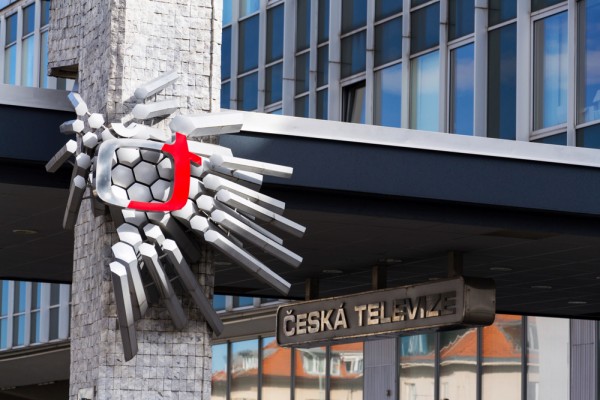Thailand’s ruling military junta has banned a prominent journalist from leaving the country to attend UNESCO’s 2016 World Press Freedom Day conference in Finland.
Pravit Rojanaphruk – who requires government permission to travel abroad following a previous run-in with the junta – said this week that authorities had rejected his request to attend the May 2-4 event.
“They told me, ‘I think it’s best for you to postpone your trip’,” Rojanaphruk recounted in a telephone interview with International Press Institute (IPI). “This is a polite dictatorship, they try to be evasive and not tell you the truth.”
A representative of the military regime, officially known as the National Council on Peace and Order (NCPO), told the Australian Broadcasting Corporation that Rojanaphruk “keeps violating the orders of the NCPO in many ways, so his travel is not approved”.
Finland’s ambassador to Thailand, Kristi Westphalen, tweeted that she regretted the Thai government’s decision to keep Rojanaphruk from attending the conference.
IPI Director of Press Freedom Programmes Scott Griffen said the move to prevent Rojanaphruk from attending one of the world’s most important press freedom gatherings was “highly symbolic of the Thai military regime’s increasing disregard for free expression”.
“Once again, authorities are making clear that journalists who refuse to toe the official line will be punished,” Griffen said. “We urge the Thai government to reverse this deeply disappointing decision and allow Pravit Rojanaphruk to join his colleagues in Helsinki.”
Rojanaphruk, who has frequently criticised the junta in both newspaper articles and on social media, has been detained twice in recent years by the NCPO for “attitude adjustment”. The first detention, which lasted one week, occurred during a slew of similar arrests shortly after the coup d’état that brought the NCPO into power in May 2014.
His most recent detention, in September 2015, occurred shortly after he tweeted: “Freedom can’t be maintained if we’re not willing to defend it.” He was held without charges for three days, reportedly in near-isolation. Rojanaphruk said his detention ended with a six-hour-long interrogation during which he was led to sign an agreement stating that he would not travel abroad without the government’s permission, among other stipulations.
Upon his release, Rojanaphruk resigned from his position at the English-language newspaper The Nation, so as “to save the paper from further pressure”, he tweeted. He now writes for Khaosod English and has recently criticised the junta’s final draft of the country’s new charter.
Freedom of expression in Thailand has come under increased pressure in recent years, in particular thanks to strict enforcement of the country’s lèse-majesté laws, which ban offensive speech against the royal family. In 2013, former magazine editor Somyot Prueksakasemsuk was sentenced to 10 years in prison for publishing two articles online that criticised the monarchy.
More recently, military leaders have appeared to crack down on negative coverage of the country in the foreign press. In December 2015, the International New York Times was censored twice in one week for publishing articles about the Thai king’s declining health and calls in Thailand for greater transparency. Blank boxes appeared in their stead and featured the following statement: “The article in this space was removed by our printer in Thailand. The International New York Times and its editorial staff had no role in its removal.”
Thailand also recently tightened visa restrictions for foreign journalists, a move widely seen as an attempt to squeeze critical reporting. As of March 21, 2016, foreign journalists covering Thailand’s politics and economy may be disqualified from a Media (M) visa if they show “work or behaviour… constituting any disruption to the public order or to the security of the Kingdom”, according to the Ministry of Foreign Affairs. A number of foreign journalists have recently had visas revoked or denied, reports say.
“Repression is real [in Thailand],” Rojanaphruk told IPI. “I hope we can count on the support of the international community as we go through this difficult time in Thai history.”



